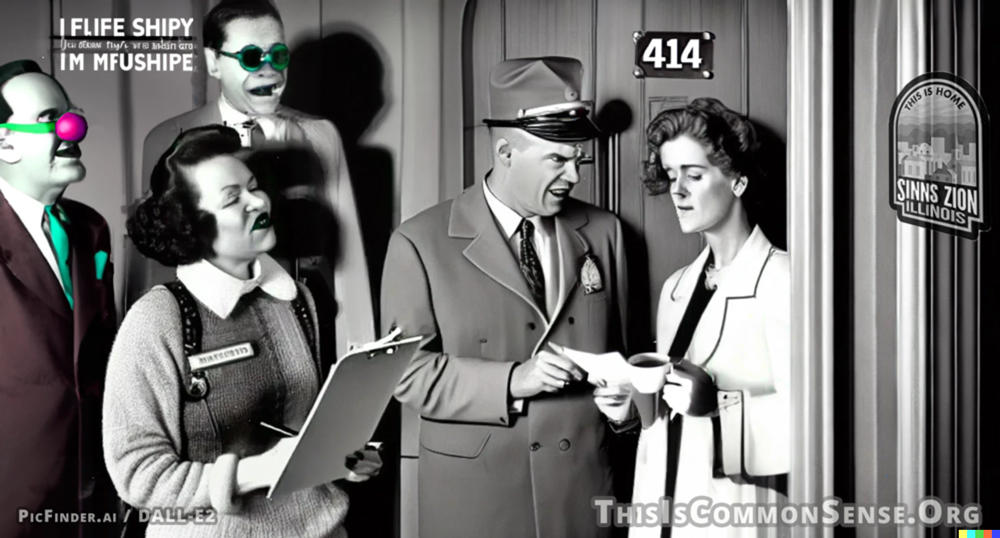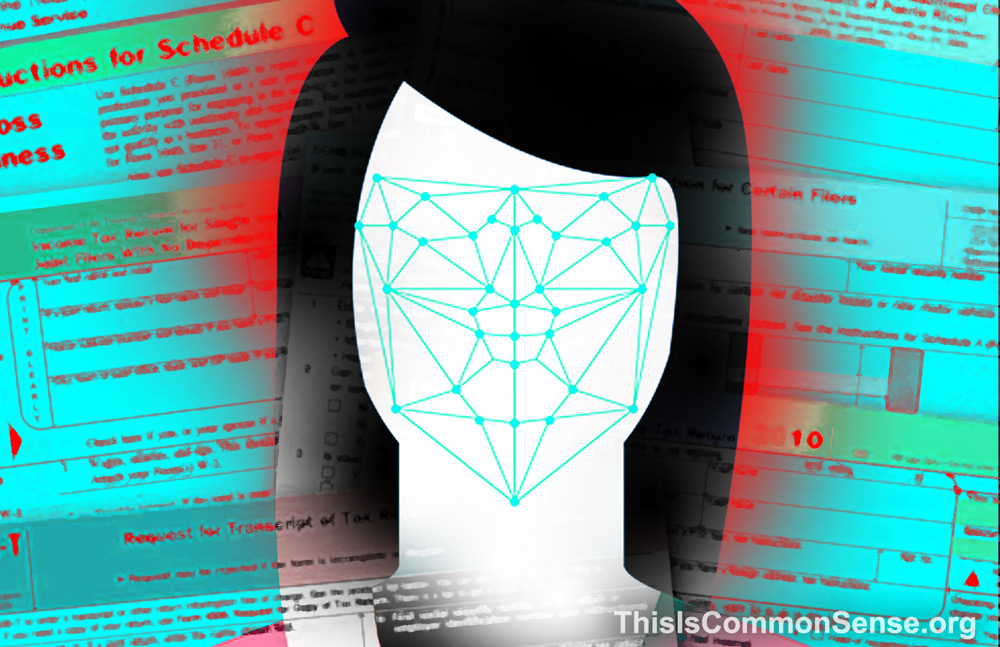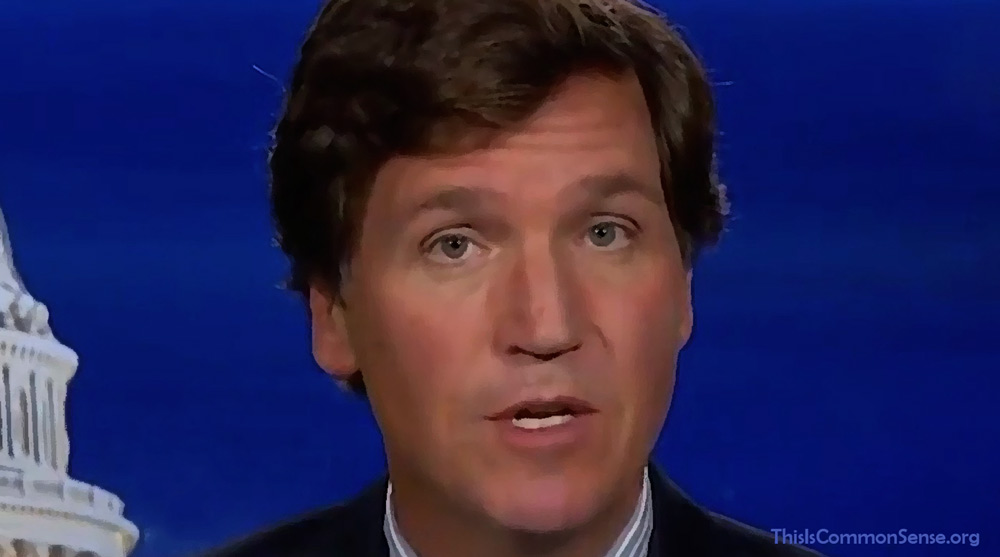Residential tenants in Zion — and their landlords — can breathe a sigh of relief.
The Zion, Illinois, government can no longer send officials to barge into rented homes at will to conduct obnoxious inspections.
The inspection regime was instituted in 2015 by a mayor who blamed an excess of renters for the town’s financial troubles. The motive for the searches, then, may have been to make it more uncomfortable to rent in Zion. Seriously. As dumb and thuggish as that.
Robert and Dorice Pierce and their landlord were among the victims of this regime.
When an inspector showed up at the Pierces’ door, they told him to get a warrant. But judges don’t generally accept “important to harass tenants” as a reason for issuing warrants. In any case, any respect for constitutional constraints was incompatible with the very nature of these intrusive practices.
So Zion’s response was to threaten the landlord, Josefina Lozano, with daily and mounting fines until she compelled the Pierces to capitulate. That’s when the trio turned to the Institute for Justice and decided to go to court.
This was familiar territory for IJ, which in the 1990s had successfully fought a similar inspection regime in Park Forest, Illinois.
And now, after three years of judicial proceedings, IJ and its clients have secured a consent decree prohibiting the warrantless inspections and prohibiting the fines.
But those who enacted this outrageous regime deserve a reprimand more stern than merely a loss in court.
This is Common Sense. I’m Paul Jacob.
Illustration created with PicFinder.ai and DALL-E2
—
See all recent commentary
(simplified and organized)





